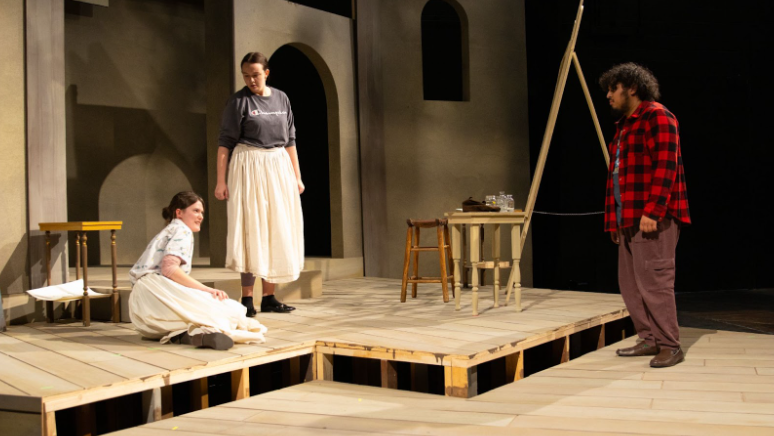
At its release, many longtime fans of Sid Meier’s Civilization series decried the fifth entry as being simplistic and dumbed down compared to its predecessors. The game’s one-unit-per-tile system, lack of elements such as religion and espionage, and overall streamlined design was a turnoff to hardcore fans of Civilization. The release of the Gods and Kings expansion pack assuaged many misgivings some fans had about the game with the reintroduction of religion and espionage and a tune-up to the game’s diplomacy features; however, not everyone was happy yet.
Now a new world for Civilization V is dawning; a Brave New World, the latest major expansion pack for the game. The DLC brings 9 new civilizations to the game: Assyria, Brazil, Indonesia, Morocco, Poland, Portugal, the Shoshone, Venice and the Zulu. The biggest changes come with the major overhaul of the existing culture system, the United Nations style World Congress which has been added for more complex diplomacy, the new trade routes system, and a bevy of game balance changes and tweaks.
First up, culture is now entirely different. Before Brave New World, winning a culture victory was as simple as spending culture points to complete seven policy trees, which give various bonuses and abilities to your civilization, and building a world wonder, now the object of a culture victory is to spread your civilization’s culture to every other nation until it is the dominant culture in the world. The spread of your culture can be increased by linking trade routes, producing great works of art, literature, and music, and increasing tourism through buildings and policies. The ten social policy trees of pre-BNW Civilization have also been revamped to make way for the new ideology system. The three trees of Autocracy, Order, and Freedom are now the three ideologies, one of which a nation must choose once it reaches a certain point in the game. Naturally, alliances will form amongst those with the same ideology and wars will break out over it. The influence of a nation’s culture also comes into play when ideologies begin popping up; if a civilization with Order is massively popular then cities of other nations will also desire that ideology. If it goes too far, cities will even rebel and defect to another civilization.
Once a civilization has met every other civilization on the map and researched the printing press technology, they will become the founder of the new World Congress. From banning certain luxury resources, embargoing a civilization and nuclear non-proliferation treaties to massive projects such as Olympics style games and an International Space Station, members of the World Congress can propose a variety of resolutions that will affect the flow of the game. If a player proposes a resolution, say to make Shinto the official world religion, then other nations that follow Shinto will be happy and friendlier while those that don’t will become angry and even hostile.
Trade routes are an interesting new facet of the game’s economy. Upon researching the proper techs, caravans and cargo ships can be built and sent out into the world. While the owner of the unit gets the greatest benefit from the trade route, the receiving city will also reap beneficial gold as well. Trade routes also mimic the spread of technology, when trading to a civ that possesses technology you don’t have you will receive bonus science points but the same goes for your opposite number if you’re more advanced. Trade routes may also spread religion across the world and having a trade route with another civilization increases the spread of your culture to them.
Between the major additions and the minor tweaks, Civilization V is getting brawnier with each expansion pack and, for many; it now stands up to its ancestors. Players will once again tell themselves, “Just one more turn,” and proceed to spend the next hour beating up Spain or carving out a Roman empire. With the new systems and tools Brave New World puts in their hands, players can take the reins of their chosen nation and build a civilization to stand the test of time.








